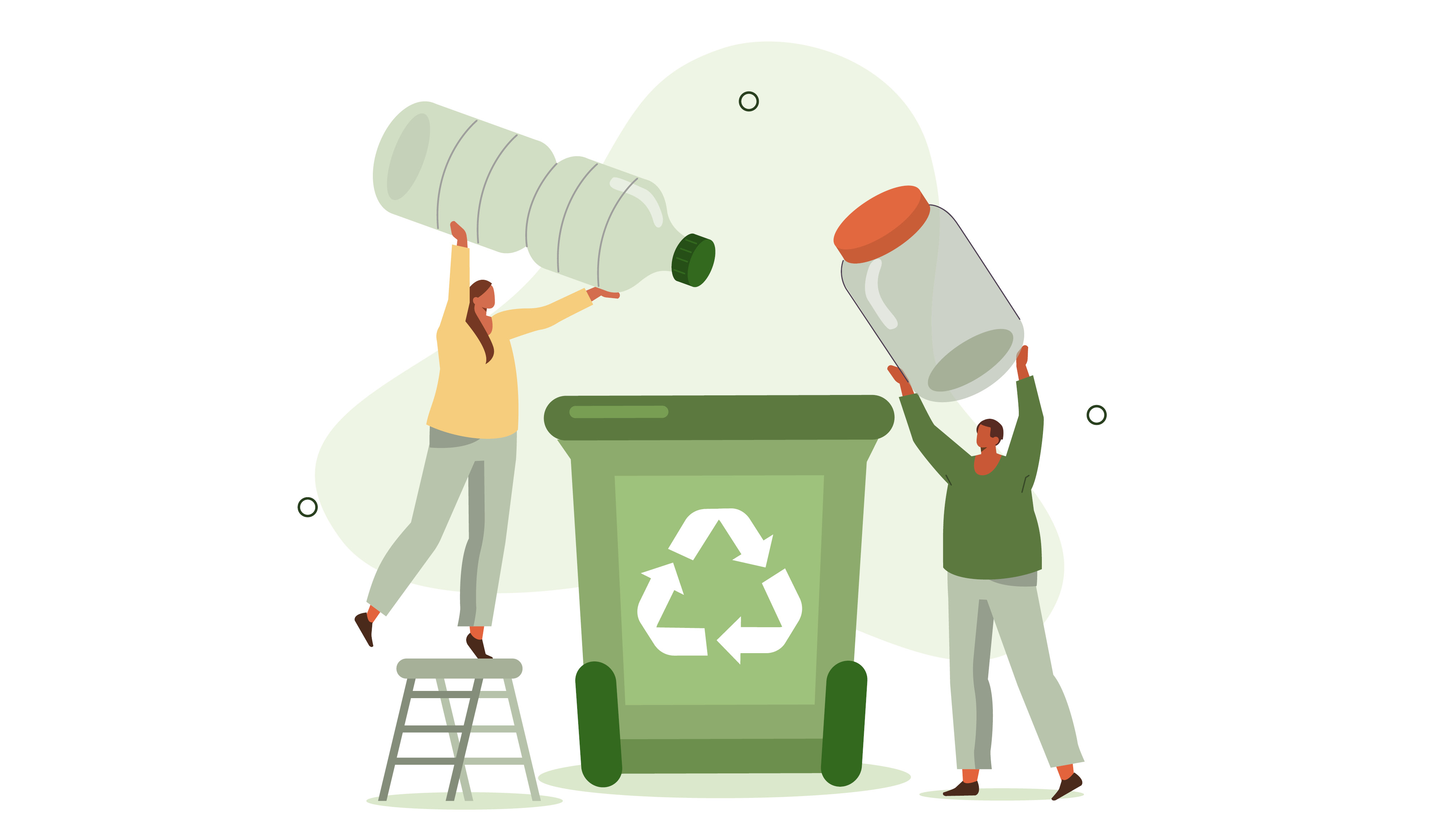
The Federal Council has approved the mandate for international negotiations on the drafting of a plastics convention. The Swiss delegation is to lobby for an agreement that combats the pollution of the environment by plastics.
Global plastic production has almost doubled within 20 years. Plastic, and in particular its improper disposal, has become a relevant environmental problem over the years. When plastics decompose in the environment, microplastics and additives - and thus sometimes toxic chemicals - can enter water and soil and thus the food chains.
International legal framework is insufficient
There is insufficient international legal framework in the fight against plastic pollution. For this reason, the United Nations Environment Assembly (UNEA) adopted a resolution in March 2022 for the creation of an internationally legally binding agreement to combat plastic pollution. Negotiations will begin in November 2022. The plan is for an international plastics convention to be adopted in 2024, as reported by the Federal Office for the Environment FOEN.
The entire life cycle is now taken into account
The Plastics Convention focuses on an approach that takes into account the entire life cycle of plastics: From the extraction of raw materials, product design and manufacture, to use and consumption, waste prevention, waste management and recovery of raw materials. Since environmental impact occurs at all stages of the life cycle, measures are required at all levels.
Production of new plastics to be reduced
According to the mandate of the Federal Council, Switzerland should work for an agreement that prevents the pollution of the environment by plastics (including microplastics) and protects human health. To this end, the production of new plastics should also be reduced.
Another goal is the gradual elimination of plastics that are hardly recyclable and contain problematic additives. Switzerland also wants to commit to limiting the use of unnecessary plastics; this includes, for example, avoidable packaging and certain disposable plastic products.